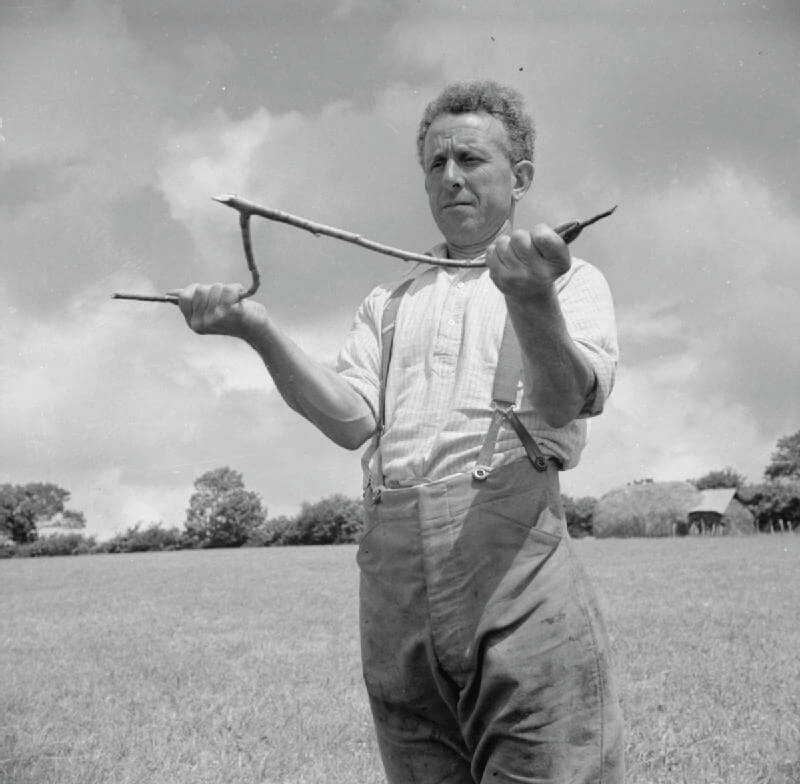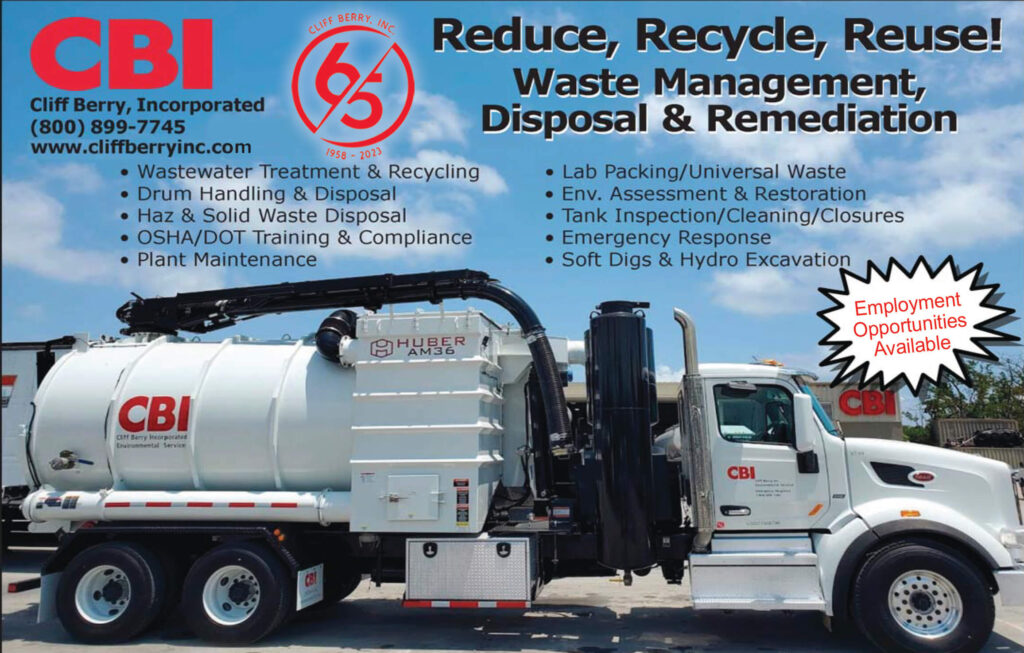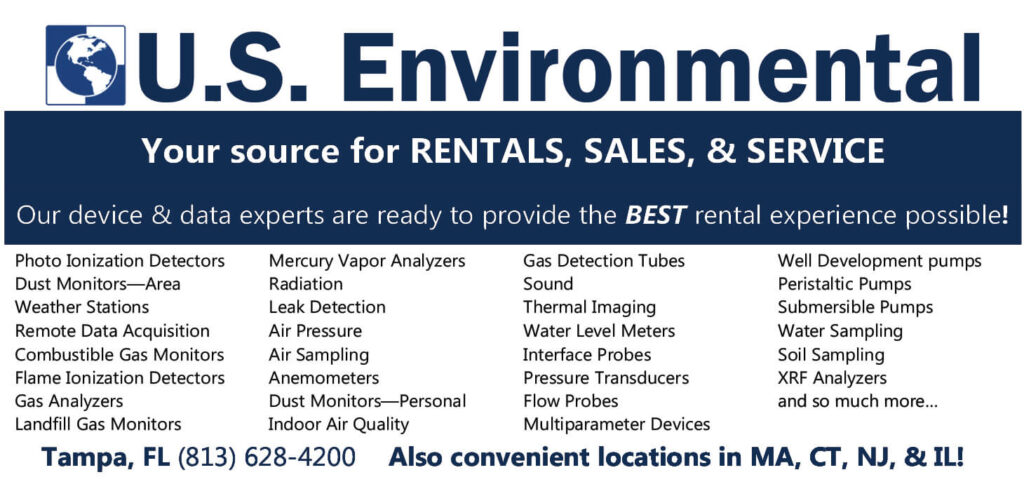By MACIE J. H. CODINA and
SAVANNAH SHERMAN
Guilday Law Firm

Hurricane season in Florida has far-reaching impacts from disrupting day-to-day activities to flattening cities.
Not only do hurricanes have a substantial impact on the people living in Florida, but they create specific dangers for animals, both domestic and wild.
Companion animals are often left behind when residents evacuate. Wild animals have their natural habitats destroyed. Even farm animals can drown, trapped in cages, pens, and other confinements.
Storm surge brings heavy flooding to coastal areas and habitats.
Gopher tortoises, for example, rely upon the dry soil surrounding Florida’s coasts to nest and feed. Gopher tortoises are terrestrial.
Storm surge covers their habitats and drowns these land-dwellers in their burrows. Hurricane Ian killed between 80% and 90% of the gopher tortoise population in coastal Southwest Florida. Animals used in agriculture lack protection from anti-cruelty laws and are often left behind in large numbers during evacuations.
For example, in 2018, Hurricane Florence produced catastrophic flooding and killed about 4.1 million chickens in North Carolina. Farm animals are at a stark disadvantage. Livestock, such as cows, chickens, and pigs, often live in confinement pens that prevent their escape.
In addition to the flooding and wind damage, animals are susceptible to stress. Matt Lussier, a dairy farmer in Hawthorne, Florida, shared that even if storms don’t directly kill his cows, many die in the days after as a result of stress.
The effects of hurricanes are also felt by companion animals.
Tragically, owners choosing to evacuate do not always include pets in their plans. A 2021 study by the ASPCA found that 47% of pet owners who evacuated abandoned a pet.
Leading up to every hurricane, authorities receive hundreds of surrendered or abandoned pets. Some of these pets are left tethered outdoors or trapped in pens. If not rescued, animals in these circumstances are forced to withstand the hurricane and are often unable to escape leading to a tragic and entirely preventable death.
Following Hurricane Katrina, the Pets Evacuation and Transportation Standards Act of 2006 (“PETS Act”) was passed to protect animals during hurricane evacuations.
The PETS Act compels states to include pets and service animals in hurricane emergency planning in order to receive federal funds. Such planning includes ensuring the presence of animal-friendly shelters and transportation. FEMA’s Disaster Assistance Policy further specifies which expenses may be reimbursed, including costs associated with maintaining emergency shelters and veterinary care.
In 2018, Florida Statute 823.151 established that shelters must attempt to reunite animals with owners following a hurricane before the animal is adopted or euthanized.
Such legislation is a step in the right direction, but it does not protect all animals kept as pets.
Animals other than service animals, dogs, cats, rabbits, rodents, and turtles are excluded from the protections offered in such acts.
Farm animals and animals used for commercial purposes also are left out.
These acts also require that a state of emergency already is filed before offering protection, which often does not occur until after the storm has already hit.
Even with its faults, the PETS Act is a step in the right direction for protecting all animals impacted by hurricanes.
NASA warns that, while the number of storms remains the same, storm surge and wind speeds are increasing.
Stronger storms present a heightened risk of damage and death. Moving forward, habitat destruction and threats to domestic animals will continue to increase as hurricanes pose a greater and greater risk.
Measures must be taken to protect animals, including legislation surrounding the safety of domestic and farm animals and policy to preserve threatened habitats. Hurricanes are not going away, but efforts made in these areas can help mitigate the damage.●









































